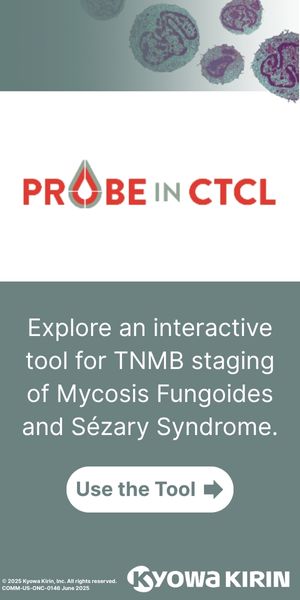Navin Pinto, MD, Professor of Pediatrics at the University of Colorado Anschutz Medical Campus and Colorado Children’s Hospital, discusses the Children’s Oncology Group and their work in neuroblastoma.
Neuroblastoma is a rare cancer that largely afflicts infants or children. It develops from neuroblasts in the sympathetic nervous system.The tumor most often develops in the adrenal gland, but may develop in the neck, chest, or spinal cord. In most cases, the tumor has metastasized by the time it is diagnosed. A neuroblastoma can cause a variety of signs and symptoms, including a lump where the tumor is growing, bone pain, diarrhea, and various neurological symptoms.
The Children’s Oncology Group
The Children’s Oncology Group (COG) was founded in 2000 and is the world’s largest organization dedicated to pediatric cancer research. As a member of the National Cancer Institute (NCI) National Clinical Trials Network, the group brings together over 12,000 experts across over 250 hospitals, universities, and cancer centers. Their mission is to cure and prevent pediatric cancer through scientific discovery and compassionate care. Today, the COG has over 100 active clinical trials.
Over the years, the COG has led a number of landmark studies. As an example, Dr. Pinto notes that the cure rates for acute lymphoblastic leukemia, the most common malignancy seen by pediatric oncologists, have been raised to over 95%. Within the neuroblastoma landscape, COG studies have led to the intensification and addition of immunotherapies that have improved outcomes. This includes being one of the first pediatric-only indications to be treated with a monoclonal antibody, dinutuximab.
Dr. Pinto also highlights the importance of collaboration in research and development for rare diseases. Through this network, clinical trials are developed quicker and more efficiently, allow access to more patients where populations are often small, and can lead to more standardized methods to treating diseases and advancing therapies.
The COG also works closely with the National Comprehensive Cancer Network (NCCN). Following the completion of trials and data readouts by the COG, that data is passed along to the NCCN, who develops recommendations for standard-of-care practices based on the data provided. This collaboration resulted in a rollout of guidelines for pediatric malignancies, such as neuroblastoma, earlier this year.
Over the past 25 years, the COG has worked to improve outcomes and survival for pediatric patients. Dr. Pinto explains that looking forward, the group hopes to continue this trend with the development of more targeted therapies that have less long-term effects and toxicities.
For more information on enrolling in clinical trials or other resources provided by the COG, visit https://www.childrensoncologygroup.org/cog-family-handbook
To learn more about neuroblastoma and other rare pediatric cancers, visit https://checkrare.com/diseases/cancers/

